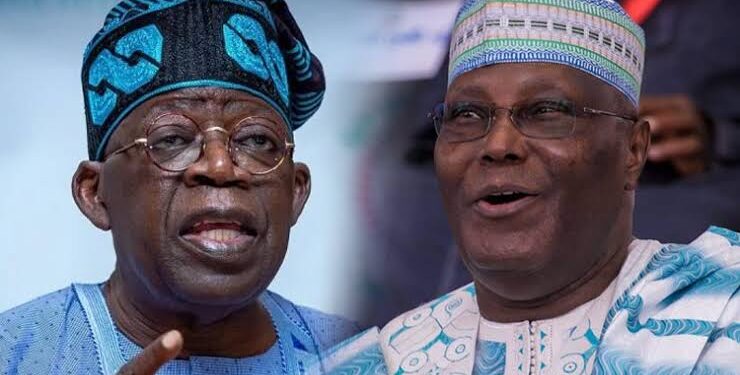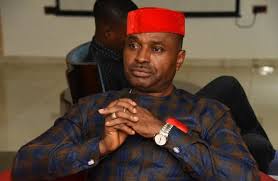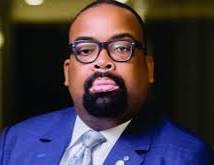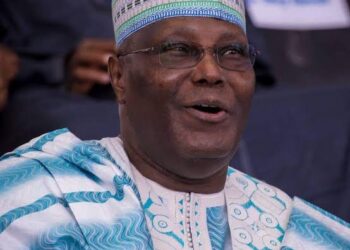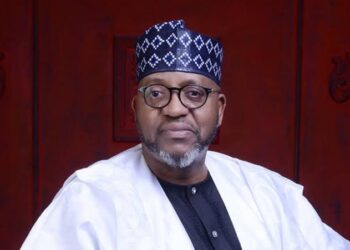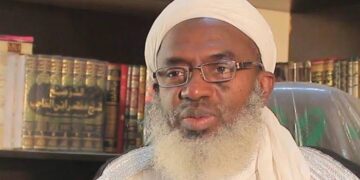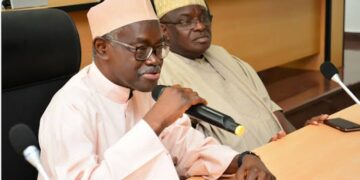Renowned media mogul and prominent politician Dele Momodu has articulated a noteworthy strategy that former Vice President Atiku Abubakar should consider if he aims to emerge as a formidable contender against President Bola Tinubu in the upcoming 2027 presidential election. Momodu’s insights reflect the complexities of Nigerian politics and the challenges faced by candidates as they navigate an evolving electoral landscape.
Momodu emphasized that Atiku’s potential success hinges on his ability to unify and lead a mega-political party. This notion of building a strong political coalition is critical, especially given the current fragmented nature of Nigerian political affiliations. In a country where political alliances can make or break a candidate’s chances, the ability to galvanize a diverse group of supporters under one umbrella could provide Atiku with the necessary leverage to challenge Tinubu effectively.
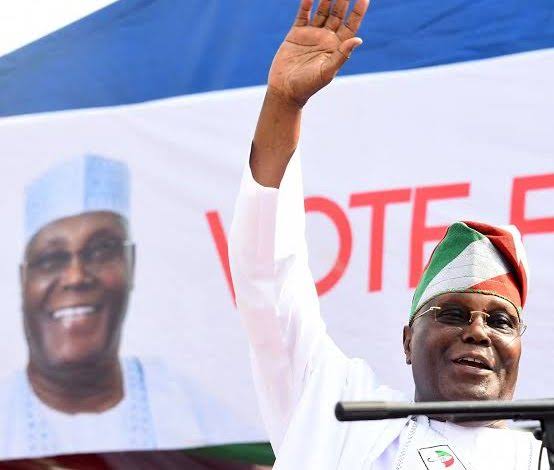
These remarks came in response to former Governor Ayodele Fayose’s recent advice to Atiku, urging him to reconsider any ambitions for the Nigerian presidency in the future. Fayose, known for his outspoken nature, pointed to Atiku’s age as a significant factor influencing his potential candidacy. He suggested that the political arena may be better served by younger leadership, highlighting a growing sentiment among some political observers in Nigeria.
During a Monday interview on Channels TV’s Politics Today program, Momodu countered Fayose’s perspective, asserting that age should not be viewed as an obstacle to Atiku’s presidential aspirations. He drew compelling parallels with global leaders, referencing U.S. President Joe Biden and former President Donald Trump, both of whom continue to play significant roles in politics despite their advanced ages. Momodu’s argument reinforces the idea that experience and wisdom, often garnered over decades, can be invaluable assets in governance and leadership.
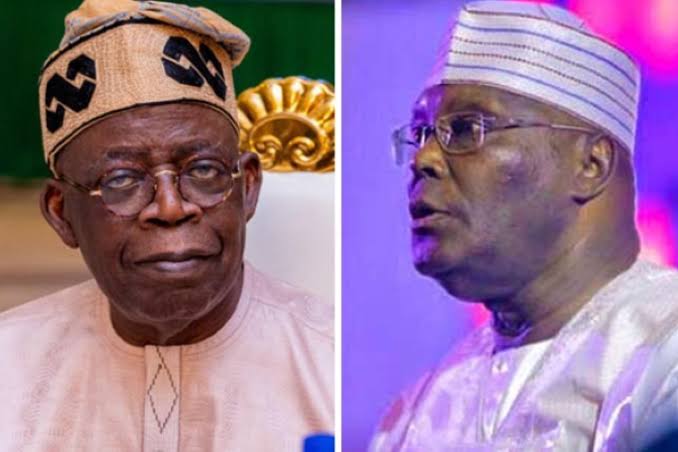
In discussing Atiku’s political journey, Momodu highlighted the former vice president’s commendable track record, describing him as a genuine democrat who has consistently eschewed tyrannical governance throughout his career. This characterization serves to reinforce Atiku’s reputation as a leader committed to democratic principles, a quality that resonates with many voters who prioritize democratic values over mere political expediency.
Momodu critiqued the inconsistencies in Fayose’s argument by suggesting that if advocates for younger leadership were genuinely committed to their cause, they would have supported younger candidates such as Yemi Osinbajo, Bukola Saraki, Aminu Tambuwal, Chibuike Amaechi, Peter Obi, or Rabiu Kwankwaso in the 2023 elections. This point underscores the complexities and contradictions within the discourse surrounding age and leadership in Nigerian politics. The absence of support for younger candidates in recent elections raises questions about the sincerity of calls for generational change.

As Nigeria prepares for another election cycle, the discourse around leadership and age will undoubtedly intensify. For Atiku, the challenge will be not only to consolidate support within a diverse political landscape but also to address the concerns of a populace that is increasingly looking for effective leadership capable of navigating the nation’s myriad challenges.
Dele Momodu’s insights provide a nuanced perspective on the potential pathways for Atiku Abubakar as he contemplates his political future. The emphasis on building a mega-political party and the dismissal of age as a disqualifying factor are vital components in understanding the strategic moves necessary for any candidate aiming to pose a serious challenge in the competitive arena of Nigerian politics. Ultimately, the ability to adapt and unify will be crucial for Atiku’s aspirations in the 2027 elections.


